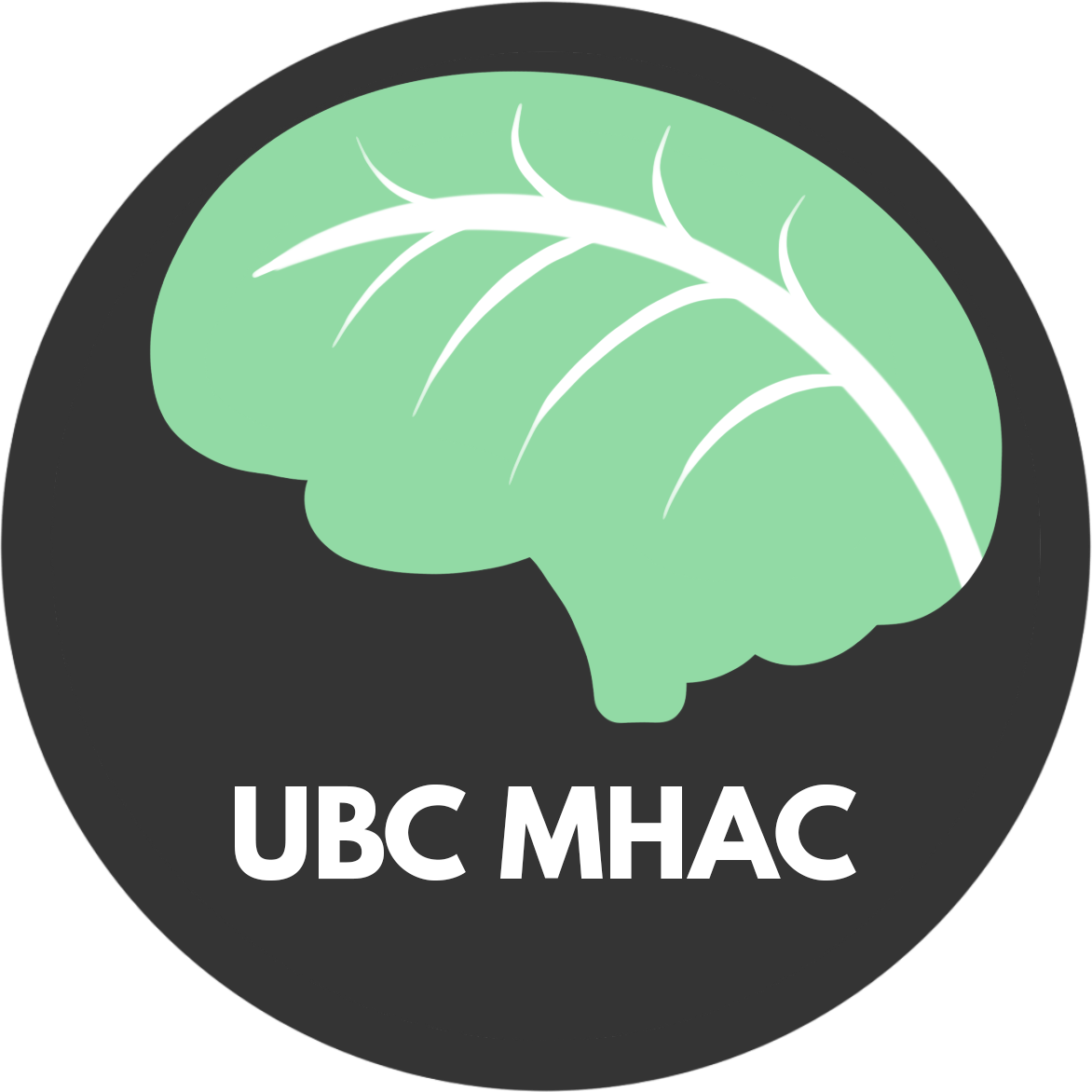Mental health and addiction have a shaky relationship in Canada. The concern that is raised by mental health writers and professionals is that Canadian institutions treat mental health and addiction on an equal plane. Herein lies the problem, to what extent should Canadian mental health associations use their resources to help addictions? Some call for a complete decoupling of the two. What it all boils down to is what viewpoint you hold on addiction.
The three strongest sentiments of addiction held by the population are
The Disease View: This view holds that addiction is an actual psychological change, or difference in the brain of an addicted individual. This argument states that the reward center of the brain is altered and not the planning or motor sections. This explains why an addict is able to seek out the necessary outlet to fuel their addiction.
The Willpower View: Simply put, this view claims that an addict does not have the self-control to abstain from their addiction. One of the older ideas of addiction, the willpower view does not accept that brain chemistry plays into an addict’s psychology. The willpower view and the disease view are similar in the fact that the addict does not have control over their actions. However, the willpower view claims that addiction can be cured by practicing self-control and resisting temptation.
The Lay View: This view is the most damaging to aiding addicts with their problem. The lay view relates that people are addicted because they are morally inferior and value immediate pleasure over anything else. This view is generally held by public individuals and not health care professionals or mental health experts. Many problems arise from the public holding this view because it can slow the process of getting help for addicts. People who view addiction through this lens generally do not care for helping addicts because it was their own fault for getting into their situation.
This is by no means a comprehensive list of all the different theories on addiction and the ability to treat addiction. The aforementioned views are just the sentiments that are most commonly held by the population.
Where you fall in these categories will heavily influence your idea of how Canadian policy should work with addiction. Generally if you agree with the disease view, the coupling of mental health and addiction into one institution makes sense. If you are more in the willpower or lay view, then mental health should not be given equal merit.
Recently, mental health writer Marvin Ross wrote an opinion piece in the Huffington Post about how mental health and addiction should be irrevocably separated in Canada. He states in regards to mental health problems “no one makes a decision to suddenly develop psychotic delusions or the mania of bipolar disorder or the crushing darkness of depression. These are illnesses that just happen as do other illnesses like MS or Parkinson’s or rheumatoid arthritis.” While also stating that with addictions “No one forces anyone to take that first drink or chemical and to continue in self destructive behaviour. There is an element of free will in addictions.” It is very clear that Ross believes in the willpower view.
I should preface that this is just my opinion, but I do see some validity to Ross’ argument. However, I do have some points of contention.
Ross argues that mental health and addiction should not be governed under the same institutions, which I think is a great idea. Doing this would quite simply allow for a greater degree of specialization in treatment and help for both groups. Splitting the Centre for Addiction and Mental Health (for example) into two institutions would make both more specialized into a specific area of research and would allow for more personalized care.
My major point of contention with Ross’ thesis is that he creates a straw-man argument by cherry picking substance addictions to illustrate his point. He states “if you know that taking a chemical is going to result in negative consequences, then you should not do so”. Ross perpetuates that addictions are based on chemical substances, which means that we have a choice over whether we start taking the substance or not. Yet he does not mention any of the many addictions that exist that are not substance based and can hijack the wellbeing of an individual. Not included are gambling, sex, shopping, overeating, tanning, thrill seeking, etc. Many of these addictions do not have a primary incident where one can decide whether to do it, or abstain and thus not get addicted.
Addiction is a messy area of mental health, which is either highly contested or supported by professionals in the field as to whether it can actually be defined as a mental health issue. With that, I implore you to think about your view on addiction and where it lies with mental health. It is a complicated issue with no clear answer
